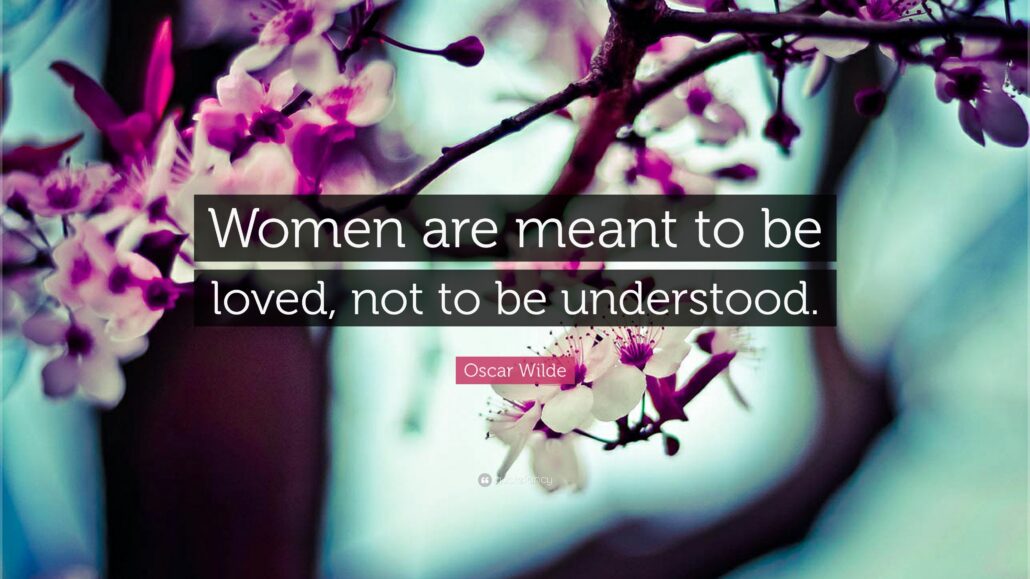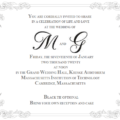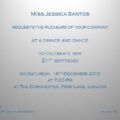Table of Contents Show
In the complex tapestry of human relationships, the phrase “women are meant to be loved, not to be understood” often sparks intriguing discussions. At its core, this statement highlights the emotional and nurturing aspects of love, particularly in the context of women’s experiences and needs in relationships. It suggests that rather than trying to dissect or analyze a woman’s feelings and behaviors, the focus should be on offering unconditional love and support. This perspective resonates with many, as it emphasizes emotional connection over intellectual comprehension.
The Essence of Emotional Connection
Love is fundamentally an emotional bond. When we approach relationships with the intent to love rather than to understand, we create a space where vulnerability can thrive. This doesn’t mean that understanding isn’t important; rather, it acknowledges that sometimes, emotions are complex and cannot be easily explained or rationalized. Women, like all individuals, often experience a whirlwind of feelings, and rather than trying to untangle those emotions, offering love and empathy can be far more effective.
The Challenge of Understanding
One of the challenges in relationships is that the desire to understand can sometimes lead to frustration. When partners try to rationalize feelings, they may inadvertently minimize the emotional experience of the other person. For many women, expressing emotions is not always about seeking solutions but rather about sharing experiences. By focusing on love rather than understanding, partners can create a supportive environment where feelings are validated rather than questioned.
The Role of Empathy
Empathy plays a crucial role in loving someone without the need to fully understand their emotional landscape. By putting ourselves in the shoes of our partners, we can demonstrate care and concern without needing to decode every nuance of their feelings. This approach fosters a deeper connection, as it allows individuals to feel seen and supported.
Embracing Individuality
Every person is unique, with their own set of experiences, fears, and joys. The idea behind loving rather than understanding also speaks to the importance of embracing individuality. Each woman has her own narrative, and while understanding can enhance a relationship, it is the love and acceptance of each person’s individuality that truly strengthens the bond.
Conclusion
Ultimately, the phrase “women are meant to be loved, not to be understood” serves as a reminder of the power of love in relationships. It encourages us to prioritize emotional connection, empathy, and acceptance over the need for intellectual comprehension. In doing so, we can create deeper and more meaningful relationships that honor the complexities of human emotions, allowing love to flourish in its most authentic form.










